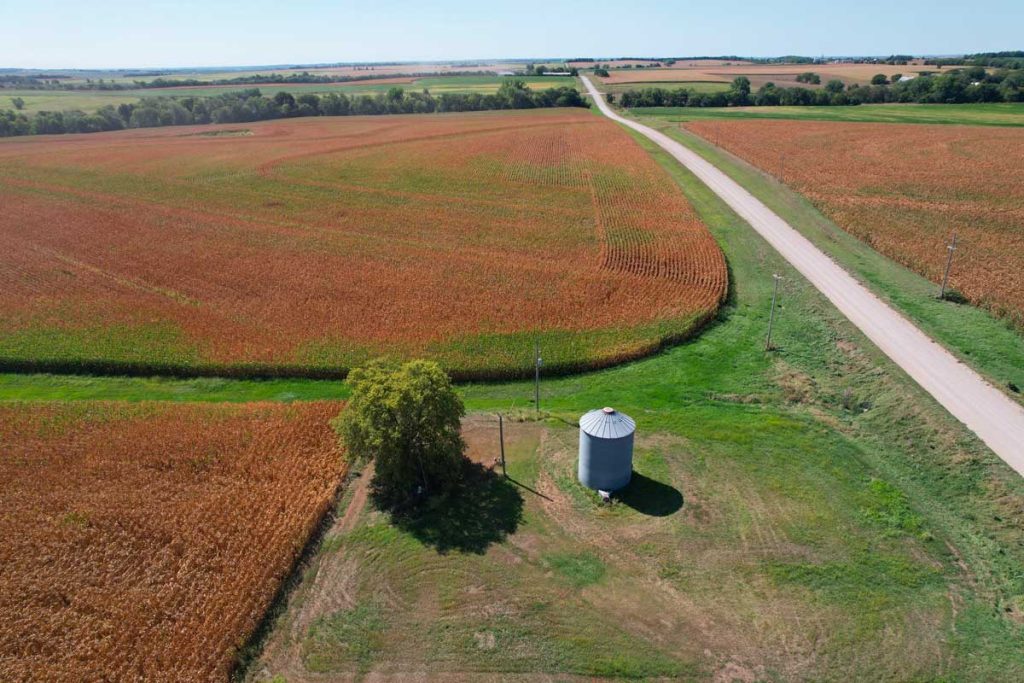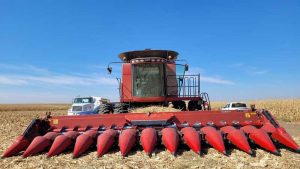As we have begun the negotiating season for land leases before next year it is always good to review these steps to make sure you have everything in place as a landowner for a successful crop season. As a normal practice, NextAg Appraisal & Realty, review these things each year for every client prior to drafting a new lease before each cropping season. The biggest thing to keep in mind as a landowner is transparency with your tenant and to make sure everyone is on the same page and understands the term and expectations of your farm lease.

1. Determine Your Lease Termination Date
Here in the Midwest the normal lease term runs from March 1st to February 28th of the next year. Having a March 1st starting date allows the farmer and landowner the opportunity to change any information at the farm service agency and with their crop insurance prior to the deadline of March 15th for those entities.
It is always a good practice to start any negotiations of changes to the lease after the first of the year to allow for some time before the March 1st suggested start date of the new lease.
2. Check Your Land’s Fair Market Rental Value
There are many resources out there to determine a fair market value rental rate. The University of Nebraska Land Survey is always a good resource to find a range of rental rates for your region of the state.
Having a tenant with good farming and fertility practices allows you to obtain fair market rents year in and year out, knowing your land is at top production.
3. Have a Written Lease Agreement
As a land manager I always require a written farm lease that renews each year. A written farm lease allows for transparency of expectations to the tenant as well as the landowner. A written farm lease allows for termination without notice in Nebraska at the end of the lease term. Details to be include in the written lease are: lease term, rental rate and/or share terms, who maintains common areas, and who pays for certain expenses.
A disadvantage of an oral lease is no hard expectations, room for discrepancy, and the requirement in Nebraska to give 6 months notice prior to changes or termination of the oral lease.
4. Confirm Crop Insurance and Farm Program Signup
The deadline for any changes to crop insurance or farm program signup is March 15th of the current crop year. Changes include: name changes, address changes, lease changes, etc. Always contact your crop insurance agent and the farm service agency to make sure everything is correct for the coming crop year.
5. Think About Hiring an Expert
A farm manager is not for everyone but sometimes people don’t realize that they could benefit from the service. My goal as a farm manager is to get the full potential from a piece of property while working with the tenant to be efficient. Transparency between parties is also important when discussing the expectations of the landlord and tenant. Having someone that can speak the language while advocating on the landowners behalf can be very beneficial.
Duties and Responsibilities of a Farm Manager
- Negotiate leases
- Collect income and pay expenses
- Maintain compliance with crop insurance, FSA farm programs, and CRP contracts (if applicable)
- Visit the property periodically and provide written reports
- Accounting reports to the owner of income and expenses
Please contact NextAg Appraisal & Realty about any of your land questions. In addition to farm management services we provide:
Certified General Appraisals – certified in Nebraska, Iowa, Kansas, and surrounding states. Specializing in agricultural property both vacant and improved.
Real Estate and Auctions – brokerage services are available in Nebraska and Iowa to sell your agricultural asset. NextAg has the most up-to-date online auction services, marketing services, and mailing lists to get the most for your property.






